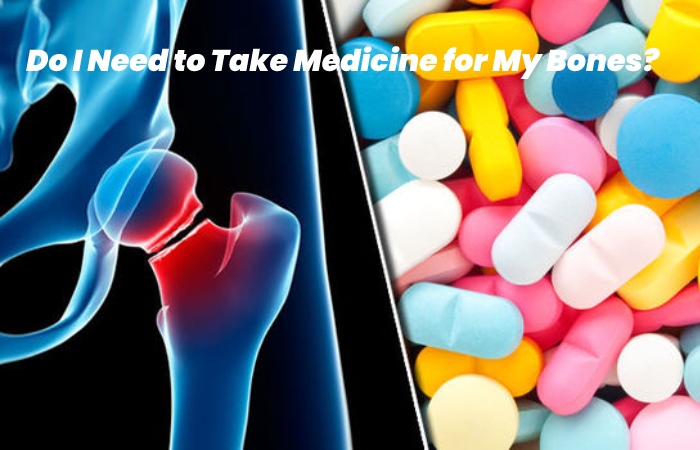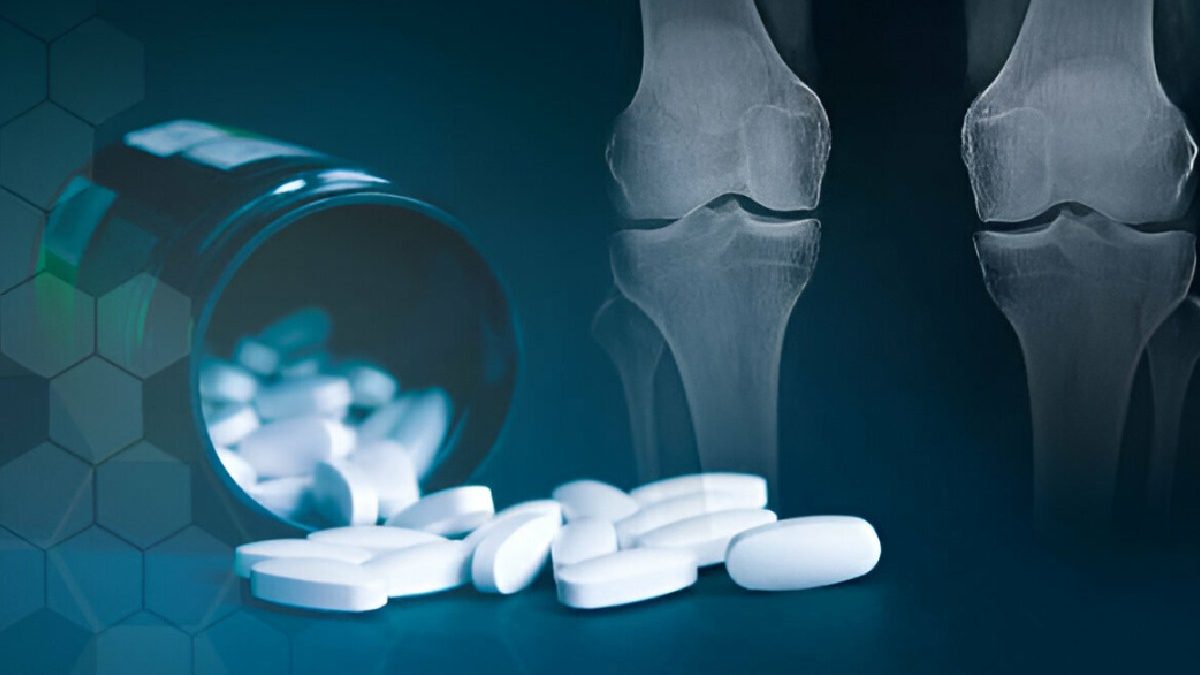Table of Contents
Healthy Bones
The best is healthy bones; your body needs calcium to keep your bones dense and strong bones. The bones fulfil a vital mission within the structure of the human body; however, sometimes, it is effortless to forget their importance. It becomes something to treat only when you suffer from a fracture or when a bone breaks. Bones need time to heal and become stronger.
Why is it Important for Healthy Bones?
Bones give us support and allow us to move. They protect the brain, heart, and other organs from injury. In addition, bones store minerals such as calcium and phosphorous, which help keep bones strong and release them to other organs when needed for other uses.
We can do many things to keep our bones healthy and strong. Eating foods rich in calcium and vitamin D, getting enough exercise, and following healthy habits help keep your bones healthy.
What can I do to have Healthier Bones?
It’s never too early or late to take care of your bones. The following steps can help improve your bone health:
Eat a well-balanced diet rich in calcium, and vitamin D. Good sources of calcium include low-fat dairy products and foods and beverages with added calcium. Fruits and vegetables also contribute other nutrients that are important for bone health. Good sources of vitamin D include egg yolks, ocean fish, liver, and milk with added vitamin D. Some people may need nutritional supplements to get enough calcium and vitamin D. The charts below show how much calcium and vitamin D you need each day.
Lead a Healthy Lifestyle. Don’t Smoke, and if you decide to Drink Alcohol, don’t do it to Excess.
Talk to your doctor about your bone health. Review your risk factors with your doctor and ask if you should have a bone density test. If needed, your doctor may order medications to help prevent bone loss and reduce your chance of having fractures.
Falls can cause a bone to break, especially if you have osteoporosis. However, most falls can prevent. Check your home for loose or wrinkled carpeting hazards and poor lighting. Get an eye exam. Improve your balance and strength by walking daily and taking Tai Chi, yoga, or dance classes.
Do I Need to Take Medicine for My Bones?

Some medications help prevent and treat osteoporosis. Your doctor may tell you to take medicine if your bone density test shows that your bones are weak and you have a good chance of breaking a bone in the future. Medications will most likely prescribe if you have other health problems that increase your risk of a fracture, such as a tendency to fall or low body weight.
How can I Participate in a Research Study?
The National Institutes of Health (NIH) conducts research studies across the country where patients volunteer. These studies help discover new risk factors and treatments for osteoporosis and other diseases.
Nutrients Supplements for Bone Health
Calcium is just one of many different components needed to help build and maintain strong bones. It accounts for about 20% of the entire bone composition, while the other 80% comprises phosphorus, zinc, magnesium, and many other minerals, as well as collagen proteins. Other bone-building nutrients that significantly influence bone formation and health include magnesium, boron, strontium, vitamin D, vitamin K, and essential milk protein. This article presents an overview of the most critical nutrients for bone health and their roles in influencing bone development.
- The Many Roles of Calcium
- Calcium is a mineral involved in
- Many different functions of the body,
Such as muscle contraction, nerve impulse transmission, maintaining strong bones, immunity, and many others. The adult human body contains approximately 1,200 g of calcium, of which about 99% is present in the skeleton and teeth. The body loses calcium every day, so it is vital to consume enough calcium in your diet or supplement
1. Bones Rich in Magnesium
Magnesium plays a structural role in bones, as approximately 60% of our total magnesium is stored in our bones2. And also, A deficiency in this crucial mineral has been shown to decrease parathyroid hormone (an important hormone involved in calcium regulation) and increase inflammation.
2. Boron Helps in Calcium Absorption
As one of the naturally occurring minerals in bone, boron is necessary for the absorption of calcium and magnesium, their proper reabsorption in the kidneys, and their incorporation into the bone matrix. I also, n a clinical study among postmenopausal women not undergoing hormone replacement therapy (HRT), boron was shown to decrease significantly.
3. The Role of Strontium in Bone Health
Strontium is an essential nutrient in the skeletal system’s development, structure, function, and health. And also, It was the first mineral that was shown to rebuild bone and, at the same time, reduce its desorption. And also, It does this by causing osteoblasts to multiply more rapidly while decreasing osteoclast activity.
What is Osteoporosis?
There are many types of bone diseases. And also, The most common is osteoporosis. With osteoporosis, bones become weaker and more likely to break. People with osteoporosis frequently suffer from fractures of the wrists, spine, and hip bones.
Who has Osteoporosis?
Many things can increase the chance of getting osteoporosis. These things are known as “risk factors.” Some risk factors can control, and others are out of our control.
Risk Factors that can be Controlled
Bones get more robust (and stay stronger) with regular exercise.
Diet: Eating too little calcium can increase your chance of getting osteoporosis. And also, Vitamin D is important because it helps the body use calcium from the diet. Not getting enough vitamin D can also increase your risk of getting the disease.
Physical activity: Not exercising and inactive for long periods can increase the chance of osteoporosis. Just like muscles, regular exercise makes bones more robust (and stay stronger).
Body weight: Being too thin increases the chance of getting osteoporosis.
The habit of smoking: Smoking can prevent the body from using dietary calcium. Also, women who smoke reach menopause sooner than those who don’t smoke. And also, This can increase the risk of osteoporosis.
Alcohol: People who drink a lot are more likely to get osteoporosis.
Medicines: Certain medications can cause bone loss. And also, These include glucocorticoids, which are medications prescribe for people with arthritis, asthma, and many other illnesses. Other drugs to prevent seizures, to treat endometriosis (a disease of the uterus), and cancer can also cause bone loss.
Bones and Joints: A balanced diet and lifestyle are the key to healthy bones and flexible joints. And also, With supplements like calcium, magnesium, and vitamin D3, you can help your body achieve this. And also, It is natural for our bones to deteriorate as we age, which can lead to osteoporosis and joint pain. Calcium and vitamin D deficiency can also cause discomfort. Our unique blends help maintain healthy bones and flexible joints.
Conclusion
And also, is the number of fractures caused by osteoporosis in Spain each year. Having strong bones in childhood lays the foundation for good bone health for the rest of your life. We grow almost all of our bone density during childhood and adolescence. And also, Most people finish forming their bones around the age of 20. As adults, we continue to replace old bone with new bone, but at a slower rate. As older adults, our bones weaken over time.
Children with solid bones are more likely to avoid weak bones later in life. And also, Parents can help by ensuring kids get the three critical ingredients for healthy bones: calcium, vitamin D, and physical activity.

